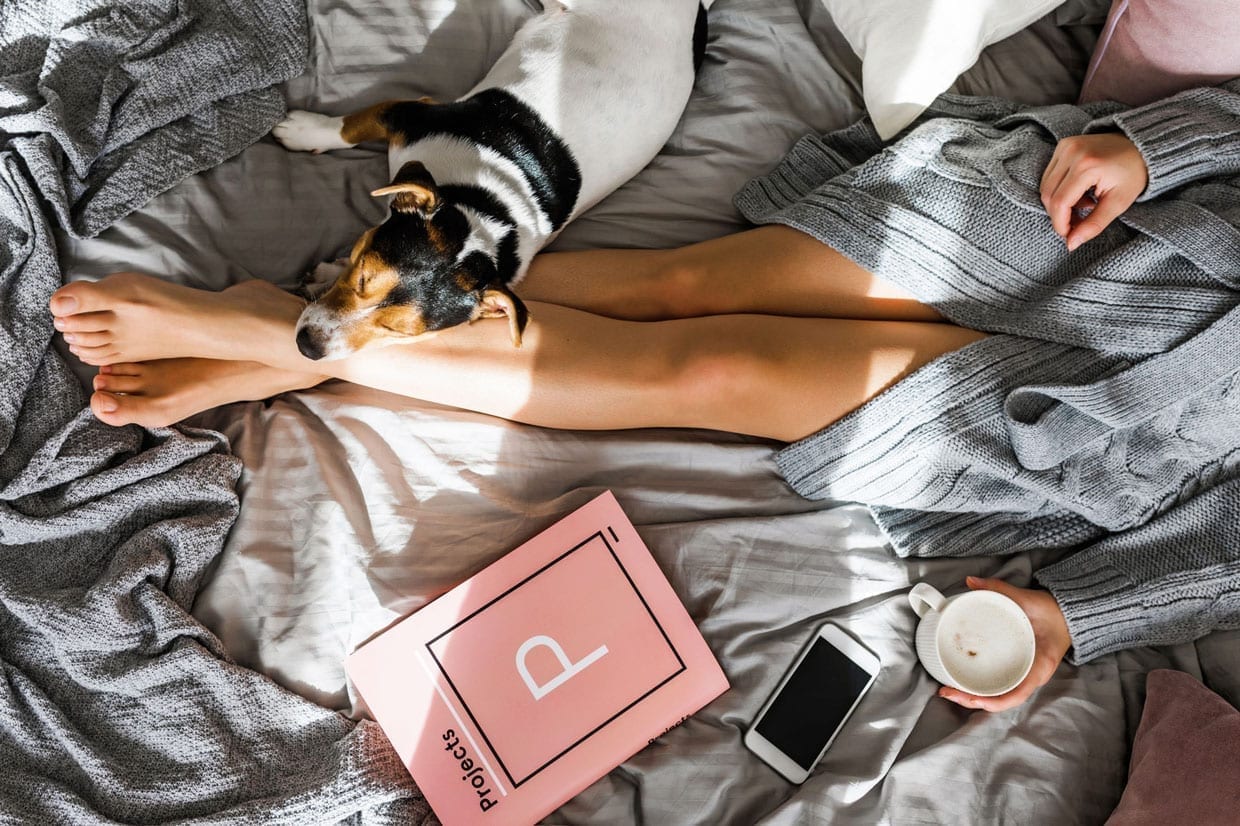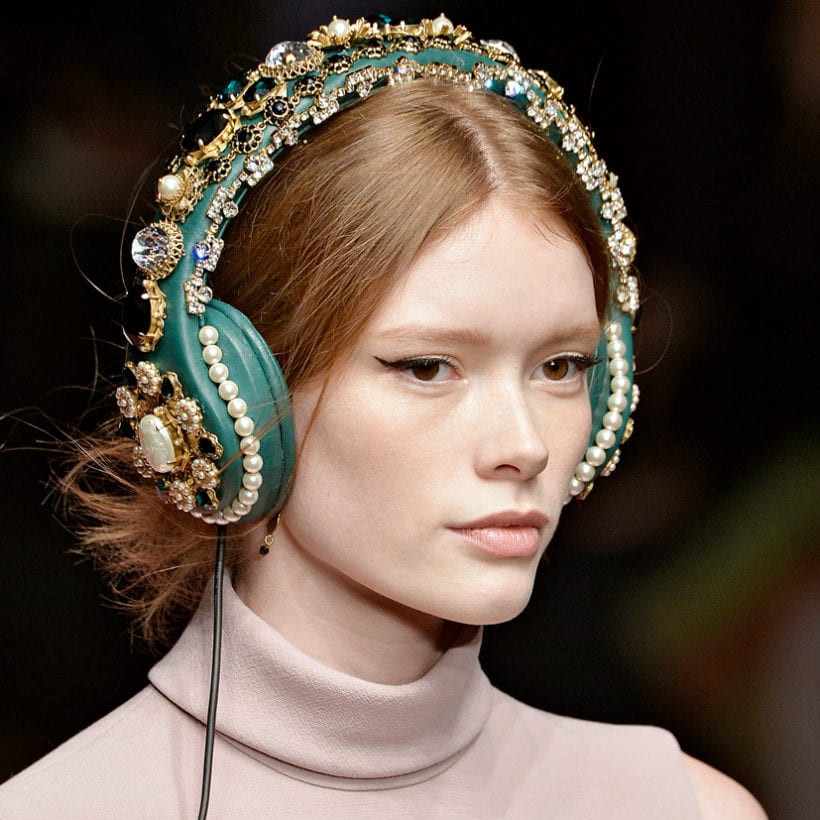For as long as I can recall, going home after a lucrative workday to a nice home-cooked meal, a cozy couch and a good book has been one of my favorite nightcap activities ever. Maybe it is the 26-year-old introvert in me, but as soon as I entered the workforce, I had little interest in spending — err, wasting? — my nights away at a local bar fist-pumping to songs about vibing. Thank you, next.
The funny thing is I am not alone. Whereas 10 or so years ago the social scene resembled an episode of “The Hills,” and “Sex and the City” reruns still pervaded the pop culture scape, today that scene is largely informed by Instagram feeds full of bird’s-eye views of books atop legs sporting comfy socks in bed, and a skyrocketing list of Netflix subscribers. Staying in is so hot, that even AMC theatres reported a $178 million loss and 4.4 percent decline in U.S. box office revenue. Meal-delivery services like Blue Apron, HelloFresh and Plated are capitalizing on the fact that no one feels like going out and spending $15 on a cocktail, plus entrée, plus tip. They generated around $1 billion in 2017, and Statista predicts their worldwide revenue will reach $10 billion in 2020.
So how did the allure of “Party Rock” get eclipsed by home-cooked meals and — in my case — a regimen of nine hours a day shut-eye? Perhaps staying in is not as synonymous with laziness anymore. Americans are the most overworked developed nation in the world, and the semblance of work-life balance is not as pretentiously guarded anymore. After all, the millennial generation has now been dubbed the burnout generation, or #millennialburnout, thanks to this collective, unrealistic mindset of 24/7 work coupled with factors like debt and an uncertain job market.
https://www.instagram.com/p/BtJXYqwFQcI/
It is no surprise the first thing most people want to do when they get off work is to go home, recharge and unwind, a notion that has commonly been dubbed the joy of missing out (#JOMO), the antithesis and distant cousin to #FOMO (fear of missing out), which started gaining traction in 2017. I suppose people started making peace with the fact that the endless supply of events we see online surpasses demand. Add this to the fact that even at home we are not truly safe from the flashing headlines, the raging Tweets and the beeping emails, it becomes really hard to muster the energy for the kind of quality time you need with loved ones. “People are overwhelmed by the level of info and ‘noise’ in the world, and with so many scary headlines out there, the temptation to retreat into our own private sanctuaries can be very strong,” says Ruby Warrington, founder of spirituality and wellness hub, The Numinous, and sober curious event series, Club Soda. “It’s also possible to stay connected with our friends via social media now, and so there’s less pressure to go out to socialize.” Road commuter app Waze has launched its Waze Audio Player to enable drivers to listen to their audiobooks safely while driving, getting lost in listening but not on the road, as the company puts it. And Apple announced in June 2018 that Apple Watch will support audiobooks and podcasts via watch OS 5, allowing consumers to detach from their phone network while on the go or doing sport.
https://www.instagram.com/p/BsbBhvGlU0f/
In addition to that, a rise in social environments that do not involve alcohol and healthy lifestyles keep people away from night downtown parading designer handbags, drinking the Kool-Aid and staying up past midnight. Millennials are now more focused on staying healthy than ever before, and that includes wearing activewear even if to keep the pretense. NPD found that 118 million more women’s active bottoms sold in 2017, compared to sales five years from then. Lastly, there is the fact that technology allows us to do everything we want to do — from ordering food to entertainment and dating — all from the comfort of our house. The introvert in me claps at the societal go-ahead to spend time reveling in my own company. Here is how to do it well:
Invest In Yourself
The collective burnout experiencing as a nation makes it so that the time to invest in ourselves dwindles more and more each year. Investing in ourselves can mean anything from taking up a hobby we have been dying to try or engaging in a creative project or side hustle. Essentially, activities that actually matter to us and our emotional well-being. “If you’re going to nest, take this as a time to also be offline,” Warrington adds. “Read a (paper) novel, practice some self-care, listen to music that you love, cook a meal and snuggle with your pet. Choose an activity that connects you back to your physical body.”
Practice Self-Care
Self-care research has been trending for a while, and the 2018 Global Wellness Economy Monitor found that the wellness industry grew from a $3.7 trillion to a $4.2 trillion market from 2015-2017. The biggest two segments are personal care, beauty and aging, and healthy eating and nutrition. There is no better way to stave off stress and anxiety than nightly rituals involving exercise, bath bombs, extended skincare regimens, and an appointment with your bed. In fact, mattress startups like Tuft & Needle and Casper are continuing to pop up. Of course, it is not always possible to indulge in hours of self-care every night, but picking at least one activity that helps contribute to your long-term sense of well-being will help you stay centered — even if it is putting on a face mask.
Be More Aware
Even though we may not socialize the way we did before, we are somehow collectively more exhausted. Being at home, resting and recharging is a great time to engage in introspection and process the information of the day. Nesting in itself — to be able to enjoy your solitude — can be very refreshing. “The secret is how a person keeps themselves in balance,” says psychoanalyst and psychotherapist Ruth Rosines. “We have multiple parts of our personality. Our brain is like a government. If it’s all working together, there is harmony. If we successfully integrate the different parts of us and make peace with these parts, then we’re balanced and it’s not an extreme effort to do something.” You know, like go into the world the next day.
Now, this also begs a mention: Nesting is wonderful unless it is keeping you from your life. “It can be very beneficial to our growth and confidence levels to push ourselves outside of our comfort zones, and if you’re nesting as a way of avoiding challenges and doing things that scare you, you could be missing out on opportunities to prove to yourself what a badass you are,” adds Warrington.
We only recommend products we have independently researched, tested, and loved. If you purchase a product found through our links, Sunday Edit may earn an affiliate commission.






